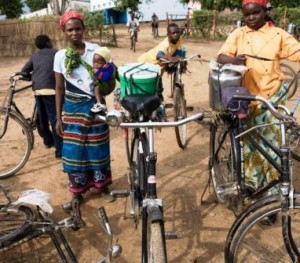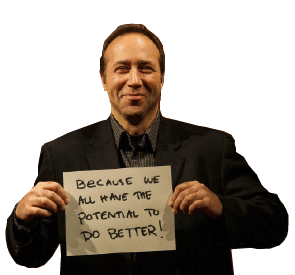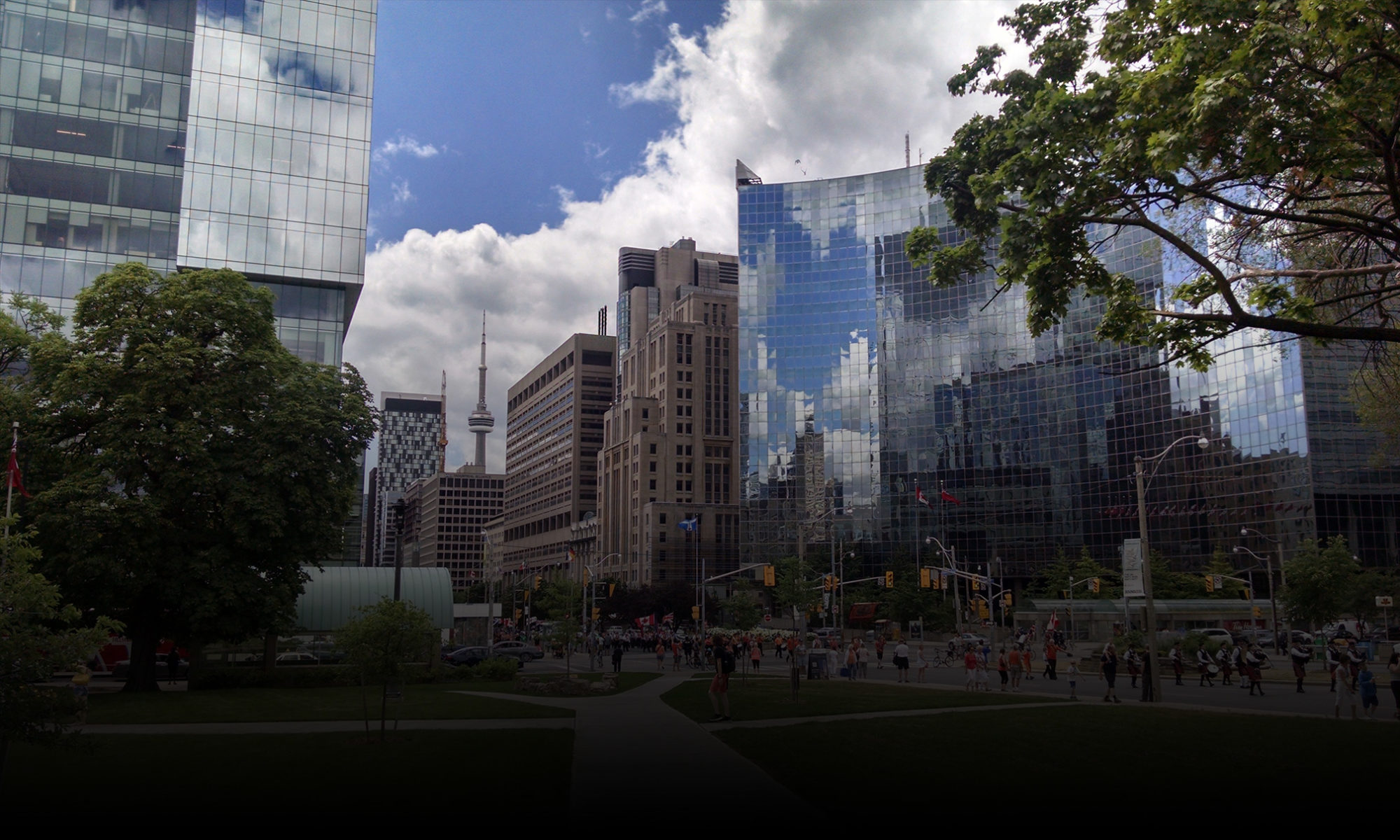From Healthcare
The American Medical Association this week voted to declare obesity a disease. This, in a move to change the focus from treating obesity related symptoms, toward prevention. Without the label of disease, insurance companies have largely rejected insurance claims. And, without reimbursements, doctors are reluctant to have conversations about prevention. Prevention, it turns out, has been a big money loser. What has worked is treating the symptoms of obesity – those claims are reimbursed as normal and customary. Sadly, aside from people remaining unhealthy, this practice also increases the costs of an already overburdened healthcare system. According to the Centers for Disease Control and Prevention, treatment of obesity-related illnesses such as cardiovascular disease, Type 2 diabetes and certain cancers drives up the nation’s medical bill by more than $150 billion each year.
To Homelessness
The Executive Director of a nonprofit that serves women experiencing homelessness once shared with me a story about a woman that visited her as her last stop in getting help. The women said, “Why do I have to lose everything in order to get any help.” Think about it for a moment, there are homeless and housed. What about those in transition from being homeowners to homeless. Our limited language here also limits our thinking and creative solutions that might be beneficial for all involved. I can imagine an organization that would maintain payments for this person while they sell their home, possibly rebuilding a new life from the equity. Without such an organization, the home is returned to bank and the person loses their equity and a new beginning. This is a situation where everybody loses.
To Developing Nations
 The former CEO of World Bicycle Relief shared with me that in Zambia, one place where they sell their rugged bicycles (trucks), there is no word for maintenance. Imagine what that means. If there is no word, then the concept doesn’t exist. Not surprisingly, many broken down and abandoned bicycles litter the landscape. One of his organization’s aims was to not only introduce bicycles as a path to improving lives, but also introduce the idea and provide training for bicycle mechanics and inventory. This is life changing for many.
The former CEO of World Bicycle Relief shared with me that in Zambia, one place where they sell their rugged bicycles (trucks), there is no word for maintenance. Imagine what that means. If there is no word, then the concept doesn’t exist. Not surprisingly, many broken down and abandoned bicycles litter the landscape. One of his organization’s aims was to not only introduce bicycles as a path to improving lives, but also introduce the idea and provide training for bicycle mechanics and inventory. This is life changing for many.
And in Your Business Too.
We also need new language and better conversations between business leaders, creatives, and customer facing roles, so that we can create and deliver more remarkable experiences to those being served by the organization. We also need to understand better, how and where our big ideas and decisions fit into improving the health of the organization. For this we need new eyes, new thinking, and new conversations. I’m doing my part – I’ve written The Experience Design Blueprint: Recipes for Creating Happier Customers and Healthier Organizations. If you want to get past boring experiences and sputtering performance and get to remarkable and sustainable, you might want to read it. Please share with other like minded individuals that want to do their part to make this world a little better for those that inhabit it today and in the future.
About The Author
Gregory Olson’s latest book is L’ impossi preneurs: A Hopeful Journey Through Tomorrow, a light-hearted and deadly serious book about a brighter future where we live more meaningful lives, governments invest in people and sustainable progress, and technology serves humans. Greg also authored The Experience Design Blueprint, a book about designing better experiences and then making them come true.
Chapters in The Experience Design Blueprint that especially pertain to this post are those chapters in Section 2 – Making a Bigger Imprint:
- Chapter 9: The Neighborhood
- Chapter 12: The Three Psychological Zones
- Chapter 13: Taking Flight
 Gregory Olson founded strategy and design firm Delightability, LLC. with the belief that if you delight customers then success will follow. He believes that we all have the potential to do better, as individuals, organizations, and communities, but sometimes we need a little help. Gregory also serves as a volunteer board member for Oikocredit Northwest, a support association for social investor and financial institution, Oikocredit International.
Gregory Olson founded strategy and design firm Delightability, LLC. with the belief that if you delight customers then success will follow. He believes that we all have the potential to do better, as individuals, organizations, and communities, but sometimes we need a little help. Gregory also serves as a volunteer board member for Oikocredit Northwest, a support association for social investor and financial institution, Oikocredit International.

